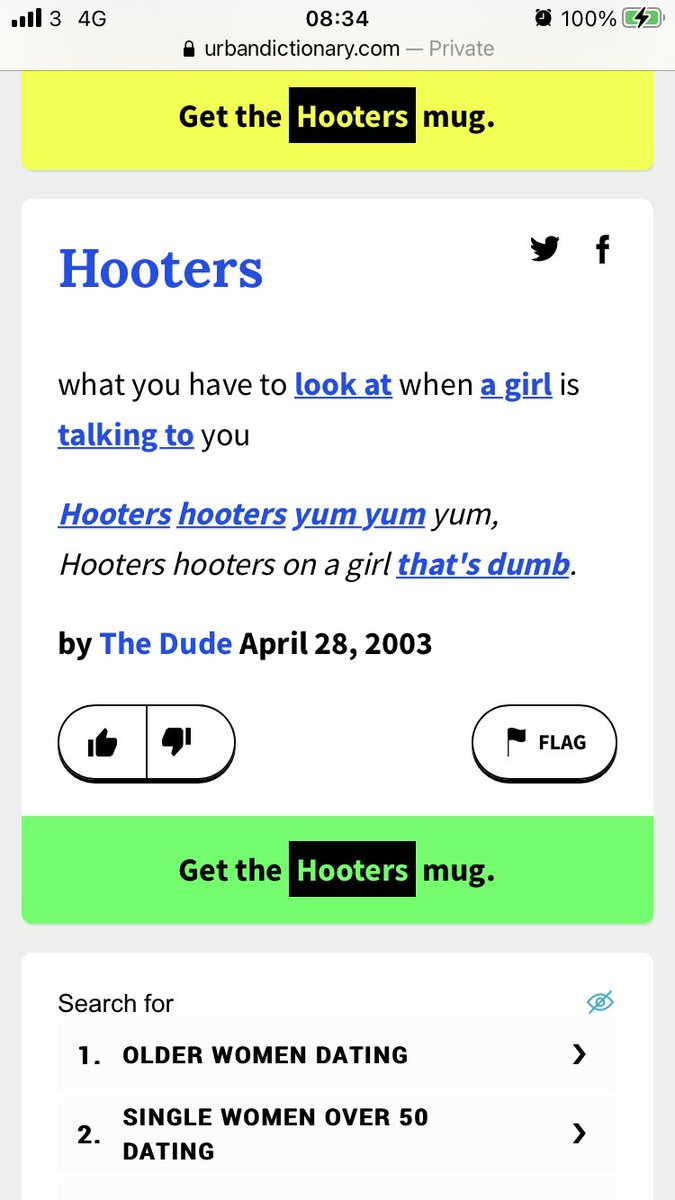Sex and Gender Pay Gap Reporting (GPGR)
GPGR originates from s 78 EqA2020 which talks about the differences in pay between male and female employees
GPGR originates from s 78 EqA2020 which talks about the differences in pay between male and female employees

The Equality Act 2010 (Gender Pay Gap Information) Regulations 2017 was enacted in April 2017 to kick s78 into gear.
It refers to male and female pay but doesn’t define either.
(Which ought to be unnecessary as S212 EqA provides definitions)
It refers to male and female pay but doesn’t define either.
(Which ought to be unnecessary as S212 EqA provides definitions)

The Explanatory Memorandum to the Regs tells us that GPG is a measurement of difference between men and women’s earnings using transparency as a tool to improve policies and practices 

Why then does Acas in its Guidance to Managing Gender Pay Reporting (Feb 2019) state that self identity should overrule sex? Or even worse, that an employer may omit data relating to employees who do not identify as “either gender” 

It’s as though ACAS don’t know the law.
I don’t want to rewrite my briefing note so see pages 2-7 in the link here regarding sex and gender reassignment.
murrayblackburnmackenzie.org
I don’t want to rewrite my briefing note so see pages 2-7 in the link here regarding sex and gender reassignment.
murrayblackburnmackenzie.org
• • •
Missing some Tweet in this thread? You can try to
force a refresh














